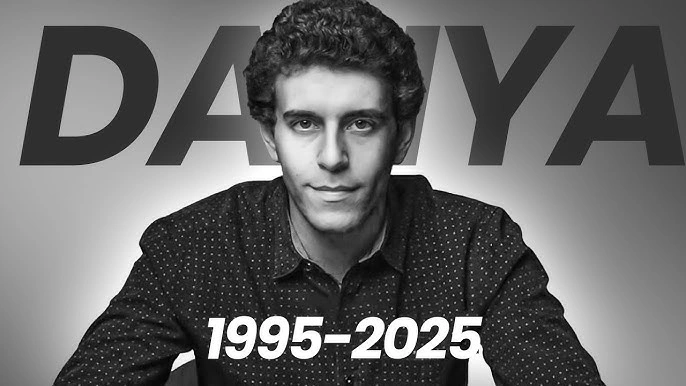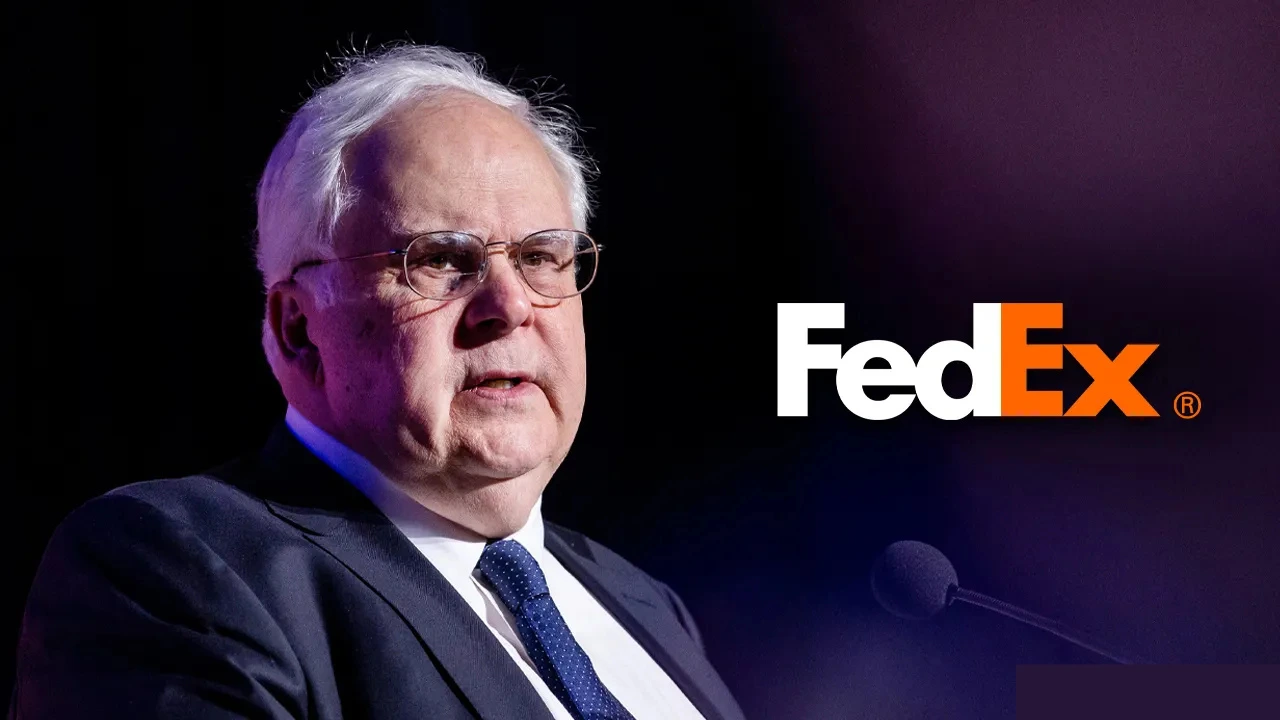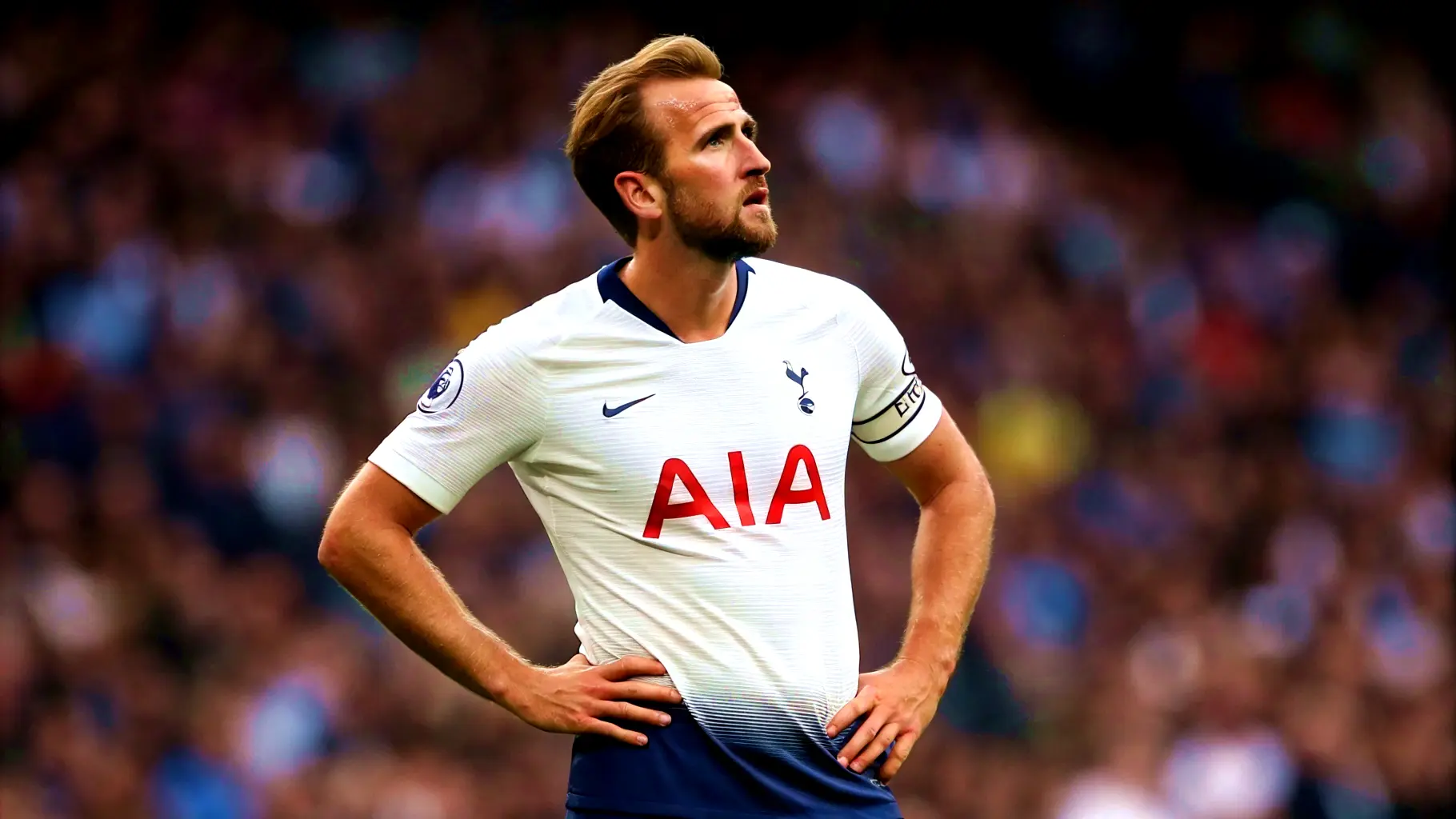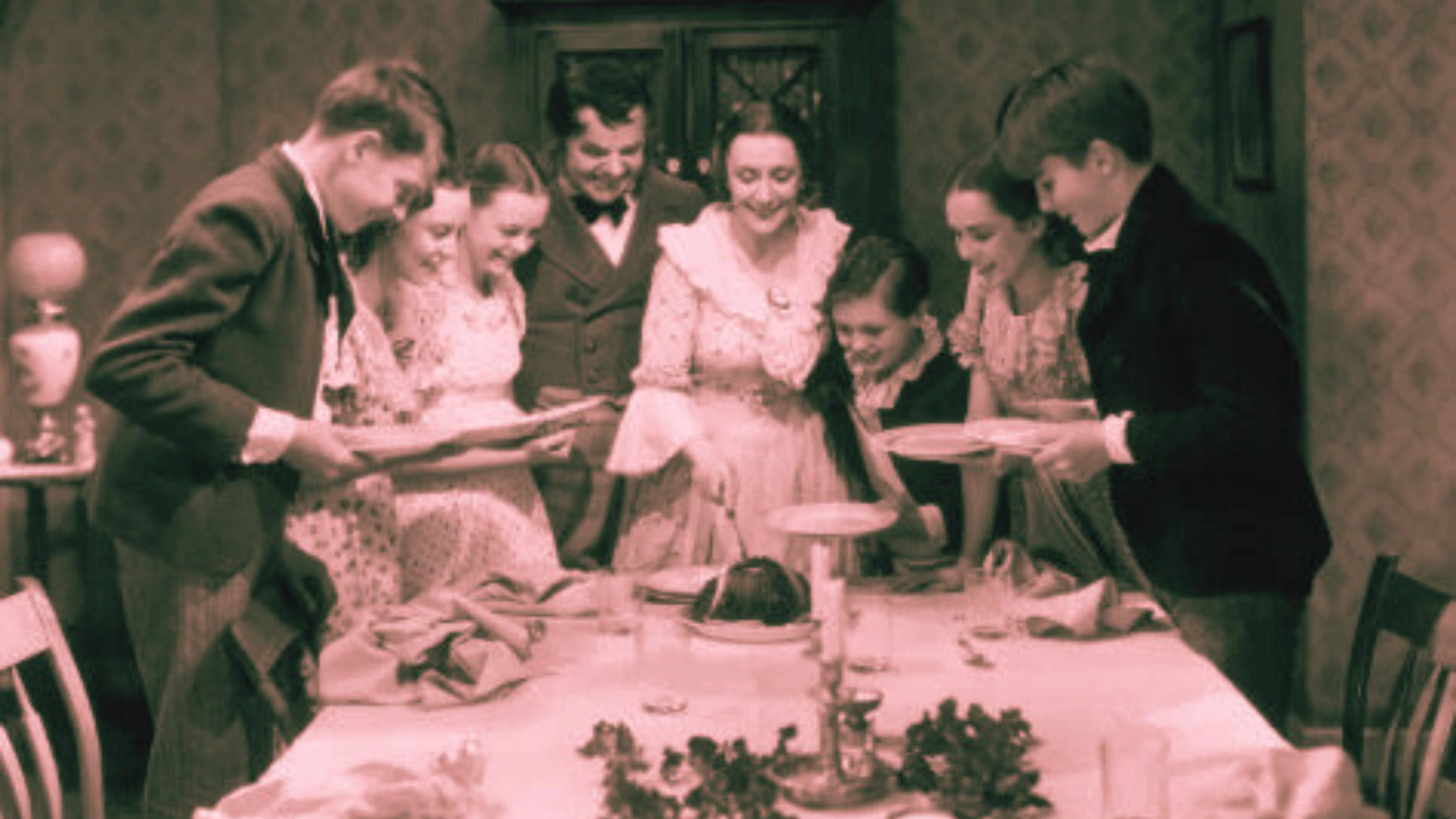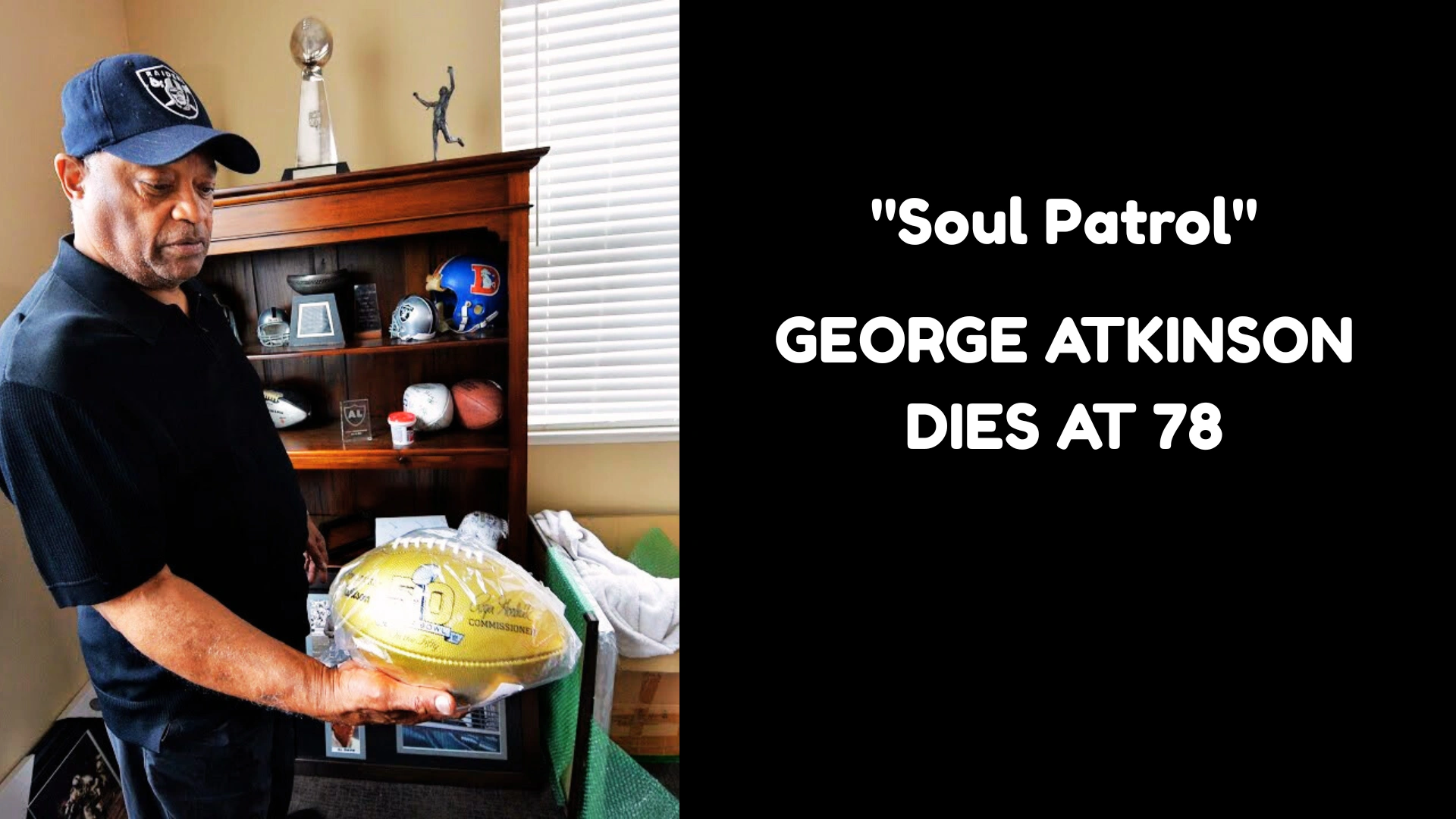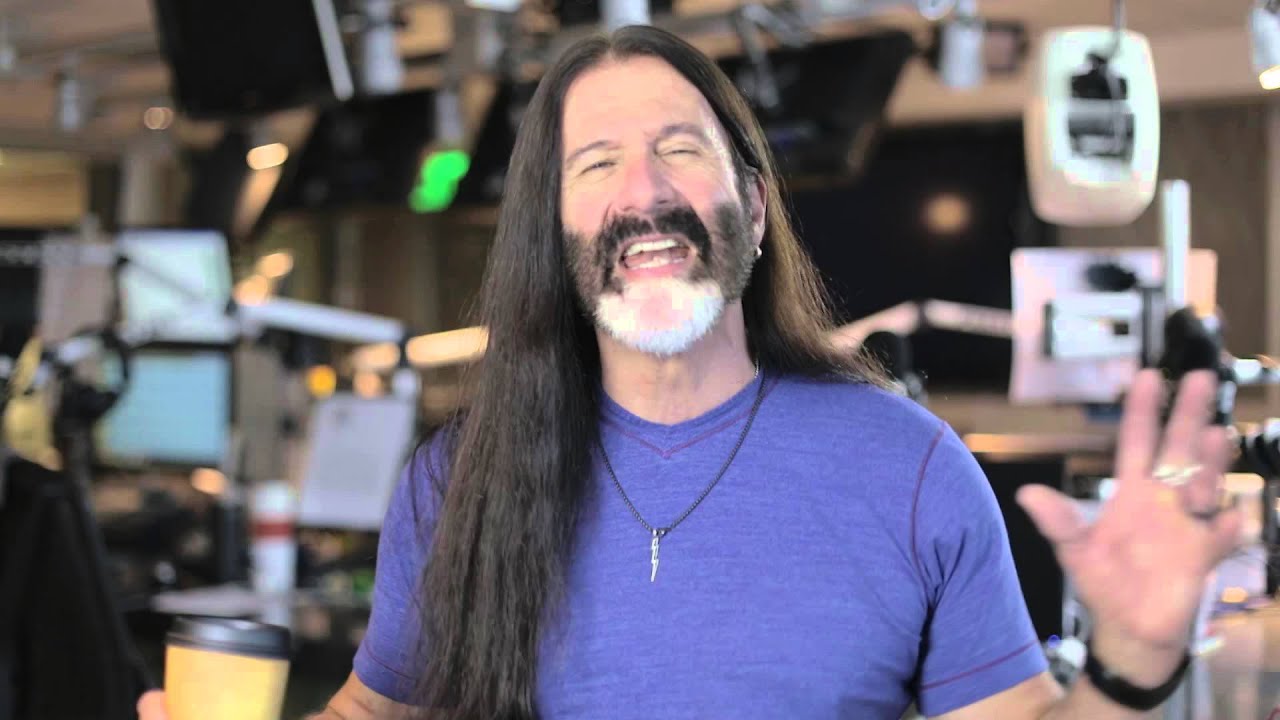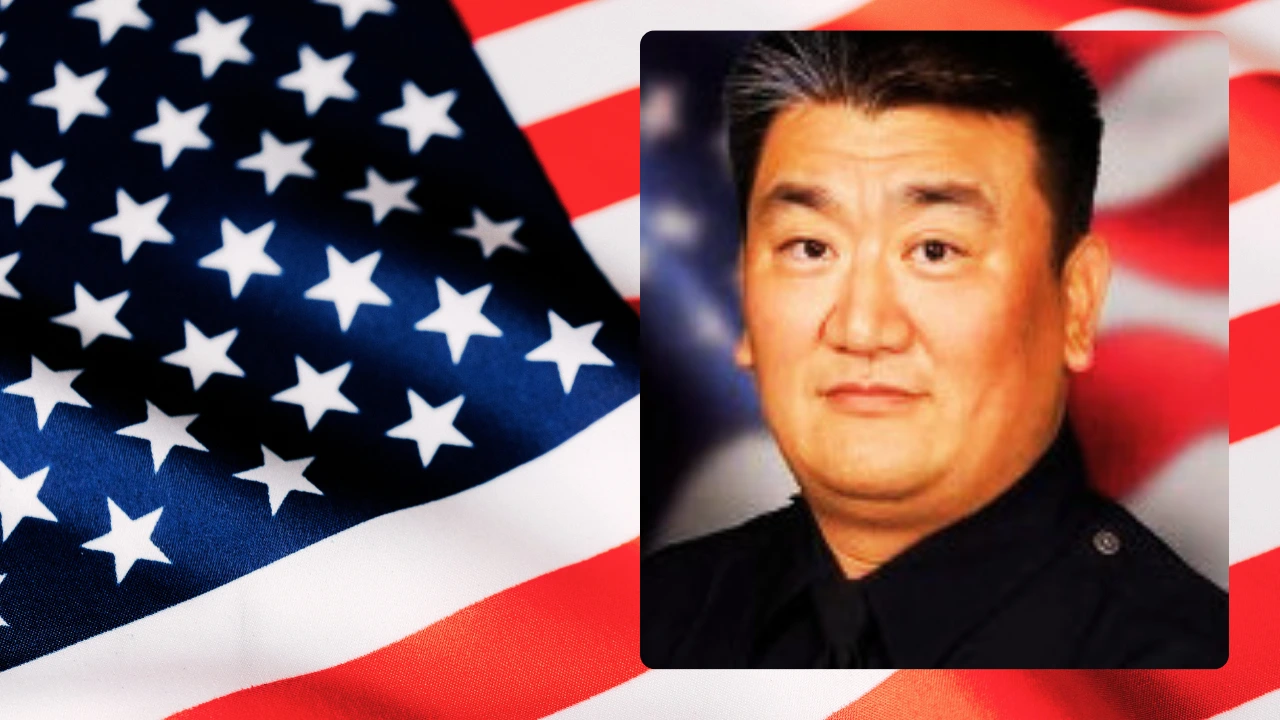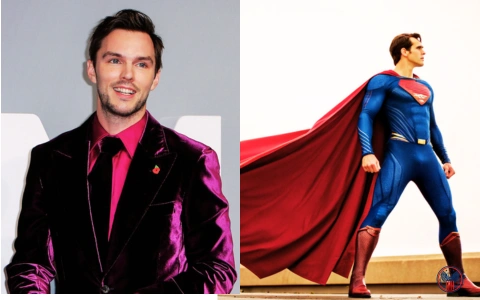David Murdock, Billionaire Who Reshaped Dole and Defied Destiny, Dies at 102
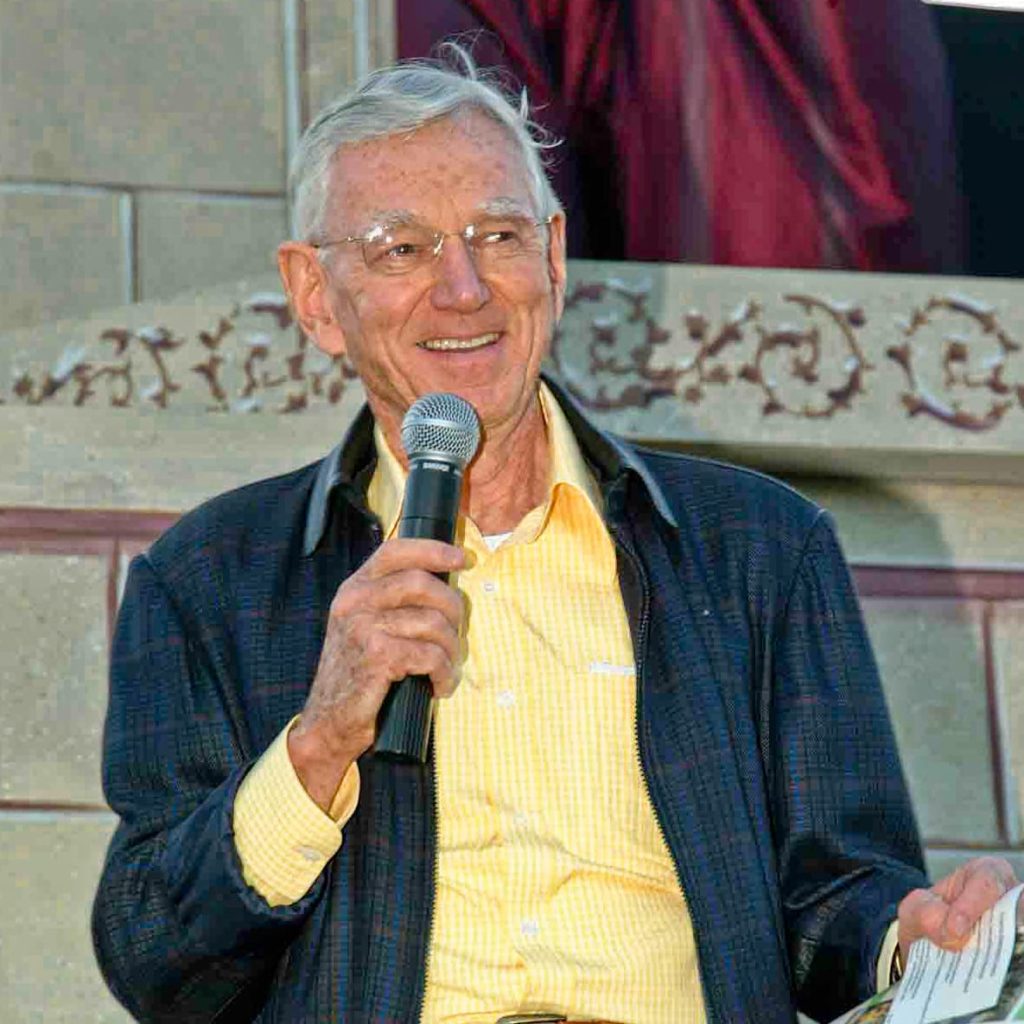
THOUSAND OAKS, Calif. — David H. Murdock, the self-made billionaire who rose from postwar homelessness to command a global produce empire and champion a plant-based longevity revolution, died June 9 at his Hidden Valley ranch. He was 102. His passing marked the quiet finale of a life that wove relentless ambition, devastating personal tragedy, and visionary reinvention into an American epic.
From Homelessness to High Finance
Murdock’s journey began in crushing poverty. Born April 11, 1923, in Kansas City, Missouri, he dropped out of school in ninth grade, later calling himself “stupid” due to undiagnosed dyslexia. After serving in World War II, he found himself homeless in Detroit, surviving on free diner meals. A chance conversation with a stranger altered his destiny: the man helped him secure a $1,200 loan to buy that failing diner. Murdock flipped it ten months later for a $700 profit—seed money for a real estate empire in Phoenix. When that collapsed in the 1960s, he arrived in Los Angeles with $75 and rebuilt through ruthless corporate takeovers, earning the nickname “barracuda” from Occidental Petroleum’s Armand Hammer after a hostile takeover attempt.
The Dole Transformation and Island Kingdom
In 1985, Murdock seized control of Castle & Cooke, owner of the floundering Dole Food Company. With the instincts of a chess master, he transformed Dole into the world’s largest fruit and vegetable producer, pioneering global supply chains that brought pineapples and bananas to supermarkets worldwide. As part of the deal, he acquired 98% of Hawaii’s Lanai island—a tropical fiefdom where he planted orchards, built resorts, and governed like a modern-day monarch. Yet controversy followed: in North Carolina, his acquisition of Cannon Mills led to slashed jobs and pension cuts that left retirees struggling. His sale of Lanai to Larry Ellison in 2012 for $300 million reflected his pragmatic motto: “Change is inevitable and can be positive when guided right.”
Nutrition as Salvation: A Crusade Forged in Grief
Murdock’s obsession with health began after his wife Gabriele died of ovarian cancer in 1985 at age 43. Convinced poor nutrition accelerated her death—and that of his mother, who succumbed to cancer at 42—he adopted a radical pescetarian diet: no dairy, meat, sugar, salt, or alcohol. Instead, he drank daily smoothies packed with 20 fruits and vegetables, including pulverized banana peels. “People are afraid to have dinner with him,” his physician once noted, as Murdock scolded guests for buttering bread. He funneled over $500 million into the North Carolina Research Campus, a biotech hub on the ruins of Kannapolis’s shuttered textile mills, and founded the Dole Nutrition Institute to preach plant-based vitality. Though he aimed to live to 125, he later conceded, “To step outside what you already know is the most exciting thing.”
Legacy of Light and Shadow
Murdock’s impact divided communities even as it transformed them. In Kannapolis, where he demolished the old Pillowtex mill to build gleaming research labs, residents recalled both revitalization and broken promises. “He took something that was a tragedy for thousands and turned it into something thriving,” said Dr. Cory Brouwer of UNC Charlotte. Yet his net worth—$3.7 billion at his death—contrasted sharply with pensioners who lost benefits after his corporate maneuvers. Beyond business, his ethos fused Spartan discipline with intellectual curiosity. Dyslexic and largely self-taught, he devoured books from Shakespeare to nutrition science, insisting, “Read the three best books on any subject, and you’ll know what you need.” Well into his 90s, he lifted weights daily and juiced his own produce, embodying his belief that “to do the impossible, you must see the invisible.”
The Final Harvest
Murdock outlived three children and five wives, his longevity a testament to his creed. Yet his greatest legacy may be the paradox he embodied: a capitalist who razed factories but built laboratories; a billionaire who ate banana peels; a dropout who revered learning. As Dole now feeds millions worldwide and Kannapolis’s research campus studies the very nutrition he championed, David Murdock’s journey—from diner counters to island kingdoms—remains a testament to the audacity to reshape the visible, and the wisdom to honor the invisible.

